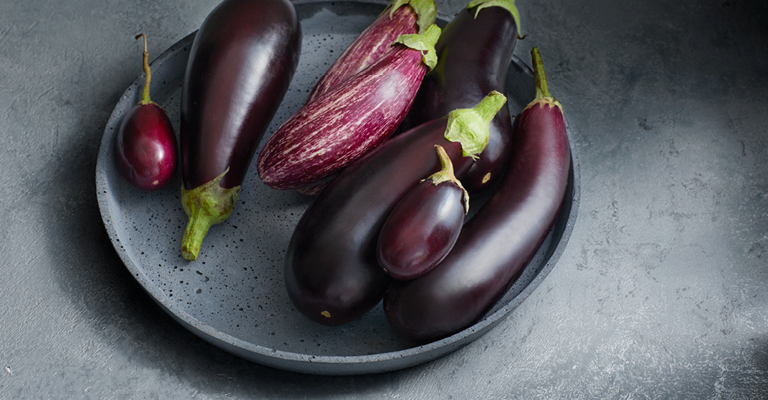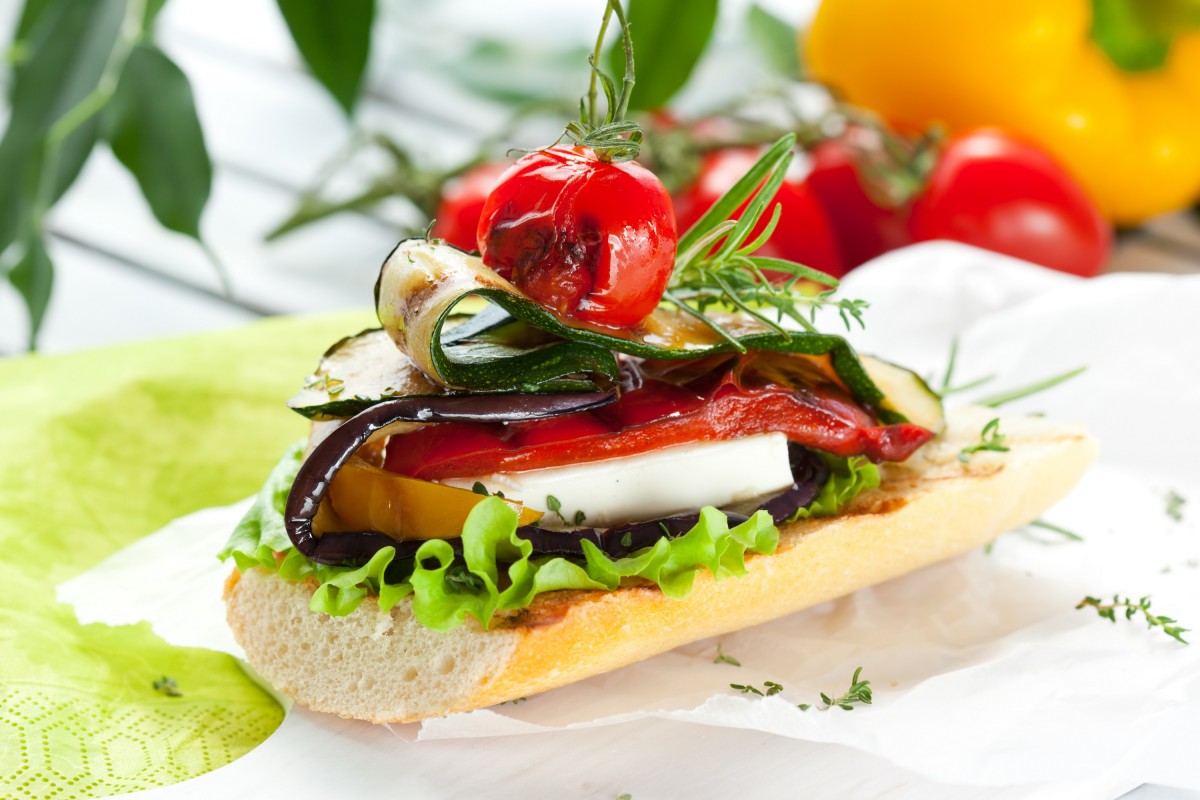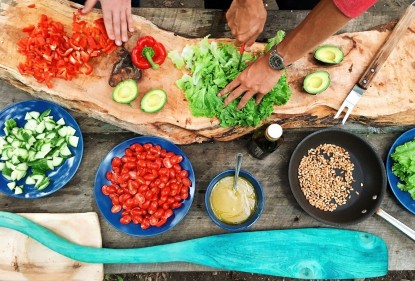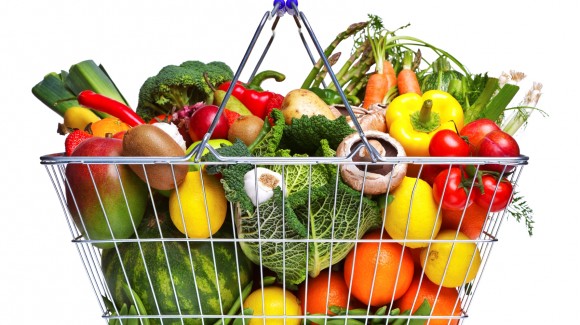
Health & Beauty
Meat campaign spurs a love of vegetables
Australians might remember the 2007 campaign; “Red meat - we were meant to eat it” fronted by actor Sam Neill. It was cunningly convincing and successfully resulted in an increase of meat consumption Australia-wide. After all, how many times have we been told that humans are instinct-driven hunters?
A serving of red meat three to four times a week was the key message, supported by a research claim in the advertisement, along with implied messages of strength, masculinity and a healthy body. The imagery surrounding these bold advertising claims suggested that a diet consisting of large quantities of red meat was not only acceptable, but it was the norm. A consumer could take this claim at face value and decide, “Here’s my free pass to consume as much red meat as I desire”, with no consequence whatsoever.
However, when I saw the same ads on TV, the opposite occurred. A process of self-inquiry began where I first investigated the research behind these claims and began to change my diet based on my new-found understandings. What I can tell you is that through this process my body weight and how I viewed myself as an influencer in the world changed dramatically.
I was 84kg, 12kg more than my ideal weight and quite frankly, like many Australians, eating more than enough. There was too much meat in my diet and this was clearly affecting my above average cholesterol levels. I was supposed to be a vegetable industry ambassador – this was no longer acceptable.
According to the CSIRO Total Wellbeing diet, it’s recommended for my BMI to eat at least 86g of protein per day. This is much smaller than most restaurant or cookbook portions.
Red meat is a good source of Iron and Vitamin B12, fair enough, so I set a goal not to exceed what I dubbed my ‘moral entitlement’. Because I was not a big person, I decided to set my limits at the lower end and eat no more than three, 150g serves of red meat per week. At first, the challenge seemed easy.
Using some basic rules of thumb (a handful size = a serve) and never getting out the scales to check, this decision proved to be game changing.
Firstly I noticed how big ‘normal’ is. The smallest steaks on the menu were 250g. Meat was in almost every meal and I felt the pressure of a culture that saw steak and chips as meal staples, while salad was considered “rabbit food”. Eating too much meat was normal.
It was time to stand up and be that crazy guy who “ordered a salad”. It was time to change. I started ditching the bacon for grilled tomato at Sunday breakfast, switching from a sausage roll to a salad roll for lunch and proactively seeking non-meat options on the menu when eating out.
Easy? Not really. At home it was easier, but business travel meant eating out and eating out in 2007 meant mostly meat on the menu (I’m so grateful plant based proteins and veggie-centric menu options have exploded in the last five years).
 It was the catalyst for change I needed to not only add more colour to my plate, which meant more vegetables, but it forced me to rethink what I was eating, where my food came from and whether it was sustainable, local or in season. I became more connected and started to care more. I was more motivated to exercise and started running and orienteering. Genuinely I began to feel and look better.
It was the catalyst for change I needed to not only add more colour to my plate, which meant more vegetables, but it forced me to rethink what I was eating, where my food came from and whether it was sustainable, local or in season. I became more connected and started to care more. I was more motivated to exercise and started running and orienteering. Genuinely I began to feel and look better.
Vegetables are addictive. Over time, I became a salad lover and less reliant on meat. While I still want that vitamin B12, my diet is mostly of food I consider better for me and better for the planet. I’ve discovered new ways to serve and enjoy vegetables, the ‘forgotten heroes of our food chain’, along with the wonderful protein rich range of legumes and pulses.
I believe that once you make the change to add more colour to your plate you can’t go back to the mostly brown food. It changes your mindset and you simply feel better for it.
To this day I am constantly aware of my so-called moral entitlement and rarely do I use or exceed it. I’m proud to have lost those 12kg and have my cholesterol levels back on track in the lower ranges.
Triggered by these experiences, I helped to start the social initiative Love my Salad as a positive campaign to stimulate behavioural change towards vegetables. I’m very proud that this project has grown every year with the support of Rijk Zwaan and its global network, becoming a movement that is helping to add colour to the lives of people as they strive to eat well and feel better with vegetables.
So ironically, I have to thank Sam Neil and the meat industry of Australia, because without that campaign, Love My Salad may never have been created and my part in the global veggie movement would have looked vastly different.
Steven Roberts is Managing Director of Rijk Zwaan Australia and one of the founders of Love My Salad.





